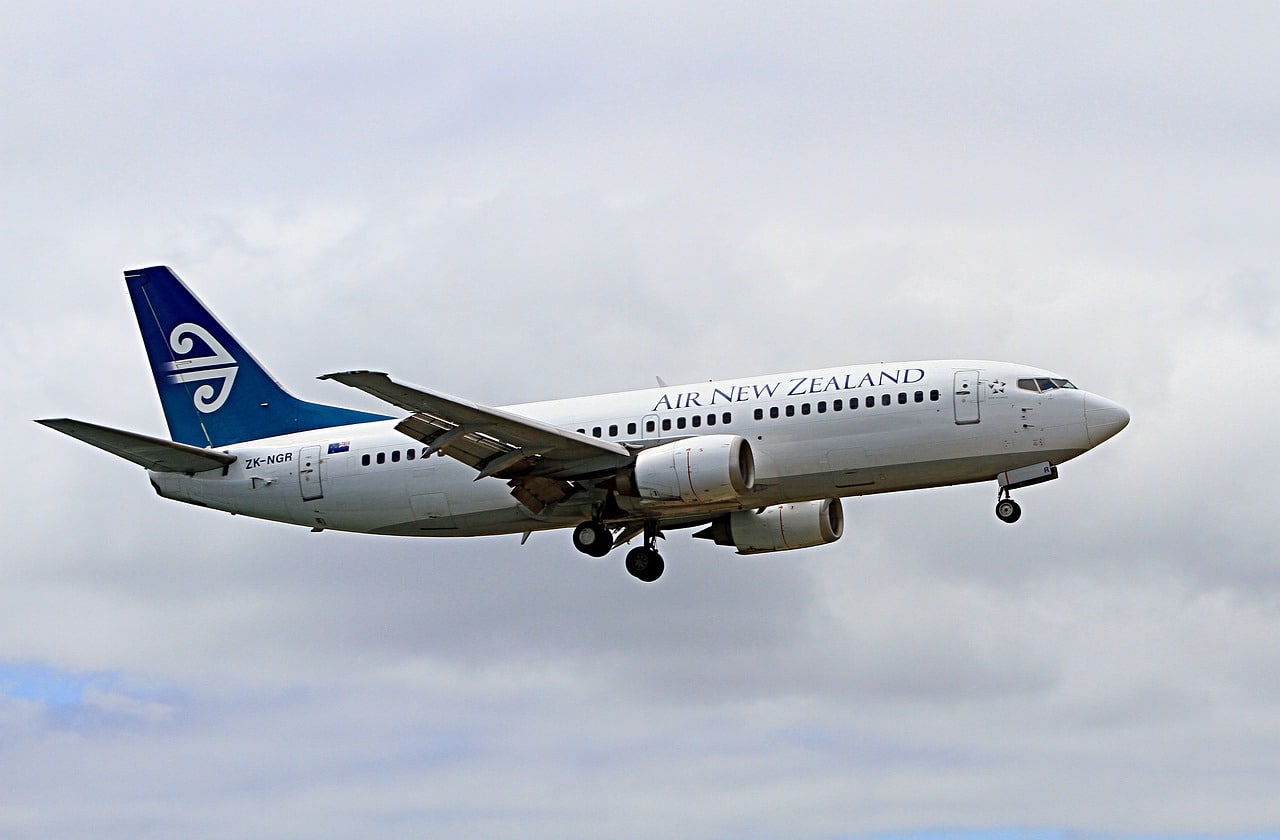Airbus & Air New Zealand Partner To Deploy New Hydrogen Hub
Airbus and Air New Zealand have announced a partnership to explore the potential of hydrogen in aviation. The companies plan to establish a new hydrogen hub in Auckland, New Zealand, which will be a world-first and a significant step towards decarbonizing the aviation industry.
The Benefits of Hydrogen in Aviation
Hydrogen is a promising alternative to traditional jet fuel because it has a significantly lower carbon footprint. When burned, hydrogen produces only water vapor, making it a much cleaner fuel source.
In addition to being more environmentally friendly, hydrogen has other benefits in aviation. It has a higher energy density than traditional jet fuel, meaning that it can provide more energy per unit of weight. This makes hydrogen a more efficient fuel source, which could lead to longer flights and increased range for aircraft.
The Partnership Between Airbus and Air New Zealand
The partnership between Airbus and Air New Zealand aims to explore the potential of hydrogen in aviation and develop a new hydrogen hub in Auckland. The hub will be used to research and develop the production, storage, and use of hydrogen in aviation.
Air New Zealand has set a goal to achieve net-zero emissions by 2050, and the partnership with Airbus is a significant step towards achieving this goal. The hydrogen hub will be a world-first, and the research conducted at the hub will be used to inform the development of hydrogen infrastructure and aircraft technology around the world.
The Future of Hydrogen in Aviation
The use of hydrogen in aviation is still in the early stages, and there are several challenges to be overcome before it becomes a viable alternative to traditional jet fuel. One of the main challenges is the production of hydrogen. Currently, most hydrogen is produced using natural gas, which is not a sustainable source.
However, there are promising developments in the production of green hydrogen, which is produced using renewable sources such as wind and solar power. As the production of green hydrogen becomes more cost-effective, it will become a more viable alternative to traditional jet fuel.
Another challenge is the infrastructure required to produce, store, and distribute hydrogen. This is where the hydrogen hub in Auckland will be crucial. The research conducted at the hub will inform the development of hydrogen infrastructure around the world, making it easier and more cost-effective to produce, store, and distribute hydrogen for use in aviation.
Final Thoughts
The partnership between Airbus and Air New Zealand to develop a new hydrogen hub in Auckland is an exciting development in the aviation industry’s quest for more sustainable alternatives to traditional jet fuel. The hydrogen hub will be a world-first and will play a crucial role in developing the infrastructure required for the use of hydrogen in aviation.
While the use of hydrogen in aviation is still in its early stages, the partnership between Airbus and Air New Zealand is a significant step towards decarbonizing the aviation industry. As the production of green hydrogen becomes more cost-effective and the infrastructure required to produce, store, and distribute hydrogen develops, it is hoped that hydrogen will become a more viable alternative to traditional jet fuel.
















 vince salvador
vince salvador April 4th, 2023
April 4th, 2023 0 Comments
0 Comments



Leave a reply